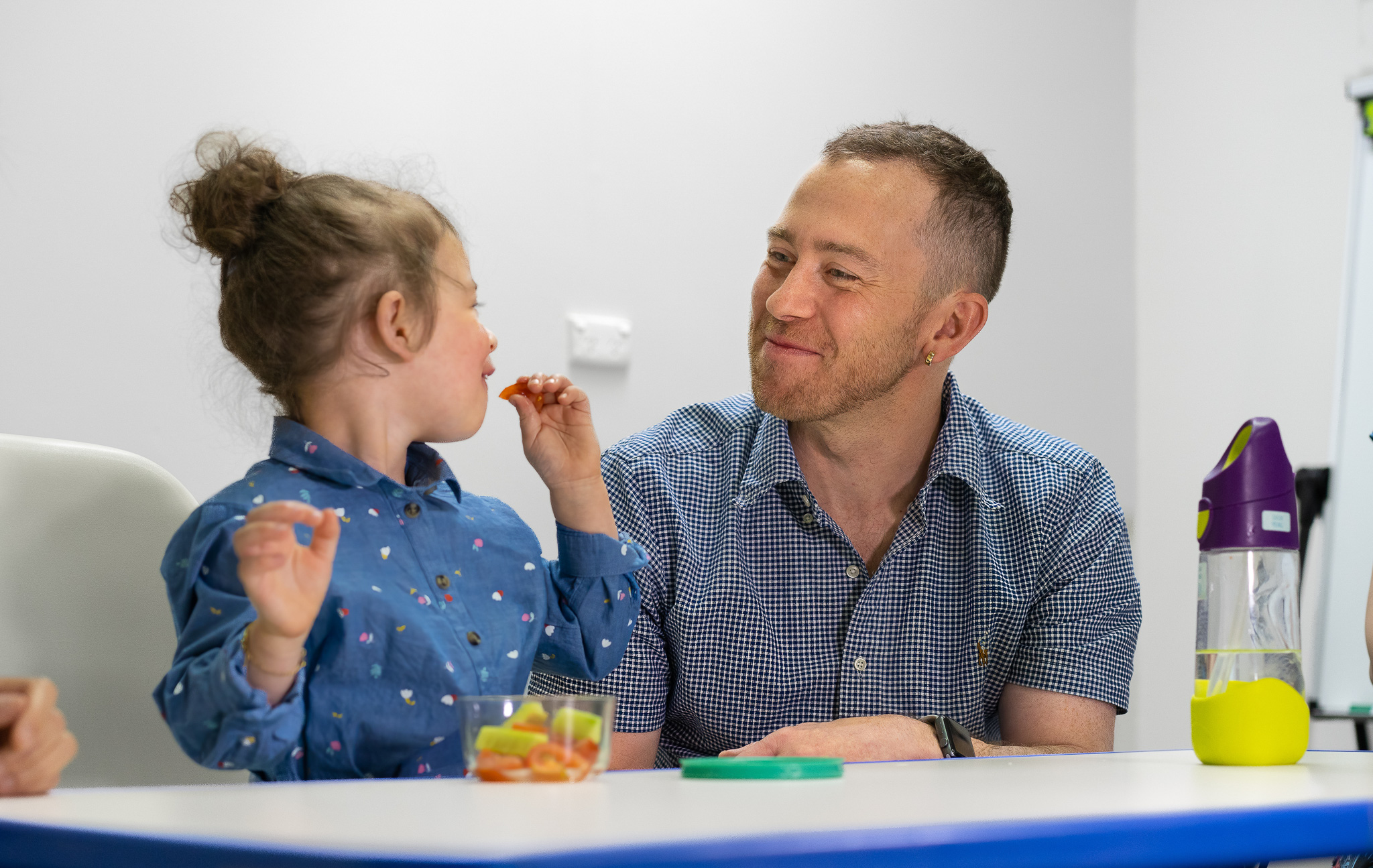While parental support is invaluable, seeking professional help may be necessary and can provide additional layers of support and expertise. If you notice persistent issues with your child’s ability to regulate their emotions, it may be time to seek professional advice. Professional counsellors, like Daniella, can offer specialised interventions and therapies that are evidence-based and tailored to your child’s needs.
Counselling provides ongoing support and motivation, helping your child set realistic goals, track their progress, and celebrate achievements or milestones. It encourages the development of a strong support network, incorporating family into sessions when appropriate. Through consistent, empathetic engagement, counselling empowers your child to reclaim control over their thoughts and actions, paving the way for long-term healing and resilience.
You may need professional intervention if you witness your child:
- Having Frequent Tantrums or Meltdowns
Despite your best efforts, your child has uncontrollable tantrums or meltdowns over minor issues. - Withdraw from Social Interactions
A noticeable withdrawal from engaging with family, friends, or activities they once enjoyed. - Change Their Eating or Sleeping Habits
Eating too much or too little, or having trouble sleeping. - Persistently Upset or Hopeless
Frequently upset or expressing feelings of hopelessness - Excessively Worrying or Anxious
Overly worried, anxious, or preoccupied with fears and worries. - Having Difficulty Concentrating
Noticeable trouble focusing on tasks at school or home - Frequently Angry and Irritable
Frequent irritability, anger, or aggression. - Refusing to Attend School
Reluctance or refusal to go to school. - Suddenly Dropping in Academic Performance
A noticeable decline in grades or school performance. - Reverting to Outgrown Behaviours
Exhibiting behaviours they had outgrown, such as bedwetting, clinging, or thumb-sucking – particularly during stressful periods.
At 8 Senses Therapy, your child will be provided with a safe and confidential space to explore their feelings, thoughts, and behaviours without fear of judgment. They will learn to articulate their emotions and experiences, fostering self-awareness and insight into their actions.




